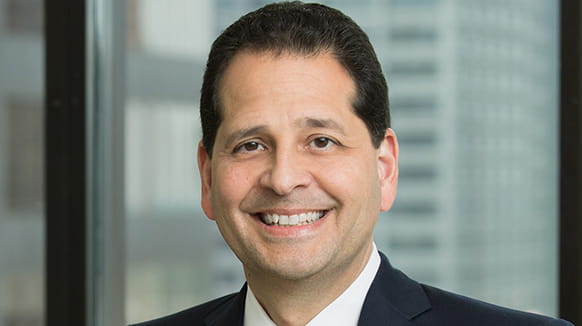Those were points emphasized in a wide-ranging panel discussion on Mexico’s energy future, featured at EnerCom’s 21st Oil and Gas Conference in Denver.
“The 2013 constitutional changes were born out of necessity,” Ricardo García-Moreno, a partner in the Houston office of Haynes and Boone LLP, said to open the Aug. 16 discussion. “The Mexican government is very dependent on energy” for revenue and had to act.
García-Moreno noted the nation’s oil production via state-owned Petróleos Mexicanos, or Pemex, fell from nearly 3 million barrels per day (MMbbl/d) in 2011 to about 2.4 MMbbl/d in 2016 and continues to decline. Compounding that problem, domestic oil consumption has stayed comparatively flat at about 2 MMbbl/d, resulting in fewer exportable barrels.
Mexico has been a long-term natural gas importer—primarily from the U.S. with some LNG shipments—and the gap between domestic production and consumption has widened as the state utility, Comisión Federal de Electricidad (CFE), transfers much of its power generation capacity to gas from fuel oil.The attorney noted Mexico’s geology looks very prospective for unconventional shale development, but has been scarcely touched.
“Mexico has about 175 unconventional shale gas wells vs. 27,000 in Texas, so it will continue to rely heavily on imports,” García-Moreno added. Development of that vast resource could prove a bonanza for E&P players as well as the Mexican government ...
Excerpted from Oil and Gas Investor. To read the full article, please click here.
